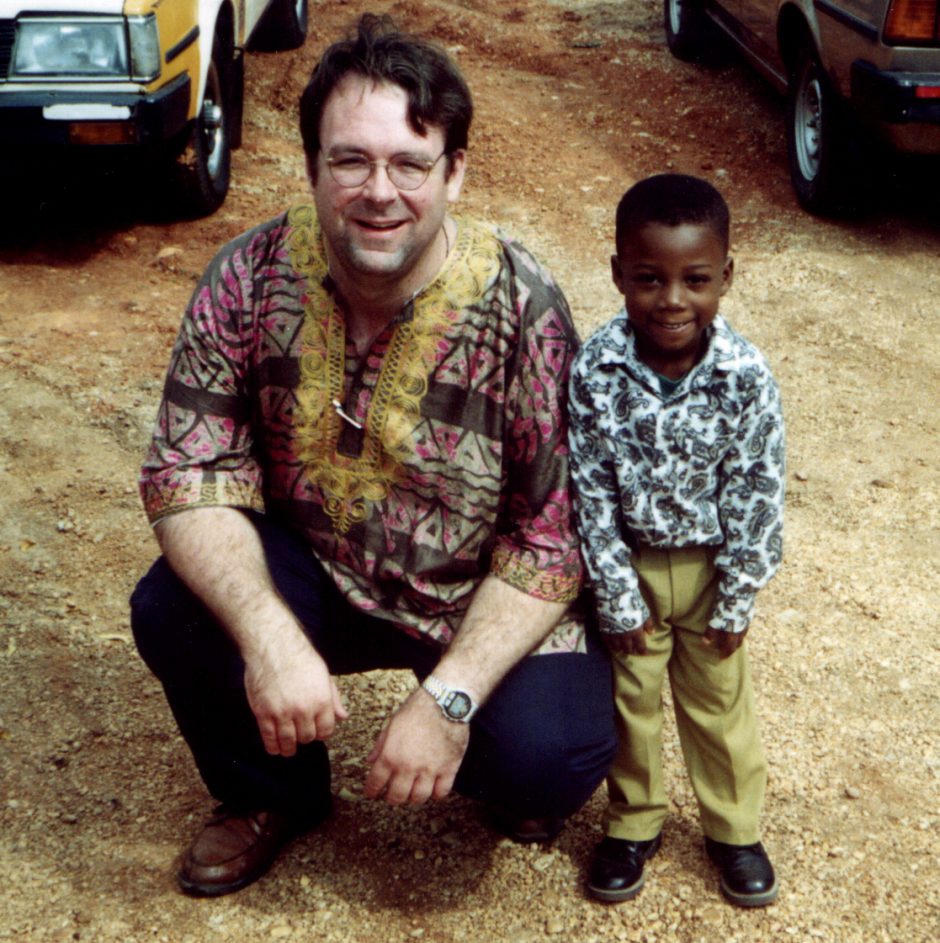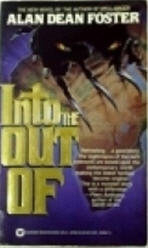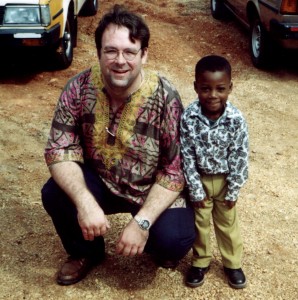 I dislike the “show v. tell” term because it’s often bandied about with no further explanation. For the longest time, this flummoxed me. Where was I telling? How could I show? But as an editor, I’ve gotten a better understanding, coming across situations where just a few word changes would make a world of difference.
I dislike the “show v. tell” term because it’s often bandied about with no further explanation. For the longest time, this flummoxed me. Where was I telling? How could I show? But as an editor, I’ve gotten a better understanding, coming across situations where just a few word changes would make a world of difference.
For example, which feels more immediate and in the moment:
I heard a bowstring twang just as Roger crashed into me.
A bowstring twanged as Roger crashed into me.
Any time you use “I saw,” “I thought,” “I felt” etc. you are taking us out of the intimacy of seeing the world through your characters eyes into the world where the character is standing back and examining it, not acting. Let us see through her eyes. Active action happening right now is more powerful.”Felt” is on a list of passive verbs that should be avoided as much as possible. Phrases like “made me feel” or “a feeling came over me” may be wordier but they work better because they create the feeling in readers that the POV character is experiencing the emotion right now. It’s more intimate. We are inside their head, not hearing them narrate a story after the fact. Even better are descriptive phrases.I felt angry at the sight of him.At the sight of him, my breaths shortened and my body tensed. I clamped my lips together, fighting the urge to speak my mind.No mention of “anger” and yet the second makes it clear what emotions the POV character is feeling, right?”Was” and “Were” are burdensome as well. Although sometimes unavoidable in description and exposition, look for every opportunity to replace them with more colorful verbs. For example:His face was still calm.His face remained calm.Seeing her approach, I began to back away.Seeing her approaching, I backed away.
The same thing but one is more immediate. It may be subtle but over the course of the novel or story little bits add up. It sometimes helps to keep a list of passive verbs and vet your manuscript in a later draft, looking for places where they can be replaced easily with better wording. This way you are not so caught up in trying to avoid them that it stymies getting words on the page. After all, it’s easier to fix what already exists than to create it in the first place. At least, most of the time that’s been my experience.
In a great post on her blog about this topic, agent Natalie Lakosil suggests: “My favorite way to think about it is to imagine that your book is the patient, and your reader is the doctor who needs to figure out what is wrong with them. When a patient walks in, they don’t say: ‘I have appendicitis.’ They’re going to say, ‘My side hurts and I keep throwing up!'”
To translate this into your fiction, she offers the following examples:
Don’t write: She was sad.
Do write: She felt as if the sun would never shine again. It was a crushing, heavy feeling in the pit of her stomach. Oh no, she used “she felt,” but she recognizes this is sometimes a problem and offers this alternative to avoid it:A heavy, crushing feeling settled over her; tears welled in her eyes and she couldn’t breathe. Etc.etc.
The context of the story will make much clear. Is the character sad? Scared? Desperate? Angry? Nervous? Horny? All of the above? (Unlike, I know.) The reader will see by how the character acts in the scene as it plays out which is the right answer and that makes the story more powerful in many ways.Sometimes, telling is natural. As Lakosil points out with this example: “I advise to keep it real. Your patient isn’t going to walk in and say, ‘I believe I have an acute hyperactive diaphragm’; they’re going to say, ‘I have the hiccups!'”
Lakosil writes: “Readers like to feel smart; they like to be able to say, ‘I knew it!’ without feeling like they were told or led to that conclusion, but rather because they’re just that awesome at reading into clues.”
If you tell the reader something your character doesn’t know, the reader will feel disconnected. Frustration comes when the character fails to pick up on it and act.
Here’s Lakosil’s solution: “Think backwards. You’re the doctor; what do you need your patient to tell you in order to figure out what’s wrong with them? What logical order do you need to hear these symptoms in to figure it out?” She also warns: “Try to think through if what you’re leading with, or what you’re developing plot-wise, is answering or revealing things that don’t need to be answered or revealed yet. And also check if what you’re revealing is a why or a what.”
Motive and events are not always the same. If a person is dead that tells you little about how they died or why in many cases. Bullet holes to the brain are obvious, poison is not. And we know nothing yet of who killed them and why. Skilled mystery writers employ this powerfully. Revealing the why too early makes the reader ahead of the narrator and the story feel predictable and slow. The narrator becomes an idiot who is unsympathetic. Why can’t she see this already, the dolt?
So whys and whats should be paired so that they work together in a logical order that carries the plot forward to its denouement without ruining the anticipation and surprise.
So avoiding telling is really a matter of creating and nurturing intimacy between story and reader. Finding ways to keep the reader and narrators close so that the reader experiences events unfolding like real time, immediately, right now. These are several examples of things you can pinpoint which detract from that. I hope it helps you unravel a bit of the mystery behind the “Show v. Tell” criticism that’s commonly thrown around. For another helpful posts on this topic: see The Six Degrees Of Show V. Tell http://victoriamixon.com/2010/12/01/the-6-degrees-of-show-vs-tell-rated-by-quality/.
Happy writing!
For what it’s worth…
 Bryan Thomas Schmidt is an author and editor of adult and children’s speculative fiction. His debut novel, The Worker Prince(2011) received Honorable Mention on Barnes & Noble Book Club’s Year’s Best Science Fiction Releases for 2011. A sequel The Returning followed in 2012 and The Exodus will appear in 2013, completing the space opera Saga Of Davi Rhii. His first children’s books, 102 More Hilarious Dinosaur Books For Kids (ebook only) and Abraham Lincoln: Dinosaur Hunter- Land Of Legends (forthcoming) appeared from Delabarre Publishing in 2012. His short stories have appeared in magazines, anthologies and online. He edited the anthology Space Battles: Full Throttle Space Tales #6 (2012) and is working on Beyond The Sun for Fairwood Press, headlined by Robert Silverberg, Kristine Kathryn Rusch, Mike Resnick and Nancy Kress, forthcoming. He hosts #sffwrtcht (Science Fiction & Fantasy Writer’s Chat) Wednesdays at 9 pm ET on Twitter and is an affiliate member of the SFWA.
Bryan Thomas Schmidt is an author and editor of adult and children’s speculative fiction. His debut novel, The Worker Prince(2011) received Honorable Mention on Barnes & Noble Book Club’s Year’s Best Science Fiction Releases for 2011. A sequel The Returning followed in 2012 and The Exodus will appear in 2013, completing the space opera Saga Of Davi Rhii. His first children’s books, 102 More Hilarious Dinosaur Books For Kids (ebook only) and Abraham Lincoln: Dinosaur Hunter- Land Of Legends (forthcoming) appeared from Delabarre Publishing in 2012. His short stories have appeared in magazines, anthologies and online. He edited the anthology Space Battles: Full Throttle Space Tales #6 (2012) and is working on Beyond The Sun for Fairwood Press, headlined by Robert Silverberg, Kristine Kathryn Rusch, Mike Resnick and Nancy Kress, forthcoming. He hosts #sffwrtcht (Science Fiction & Fantasy Writer’s Chat) Wednesdays at 9 pm ET on Twitter and is an affiliate member of the SFWA.






